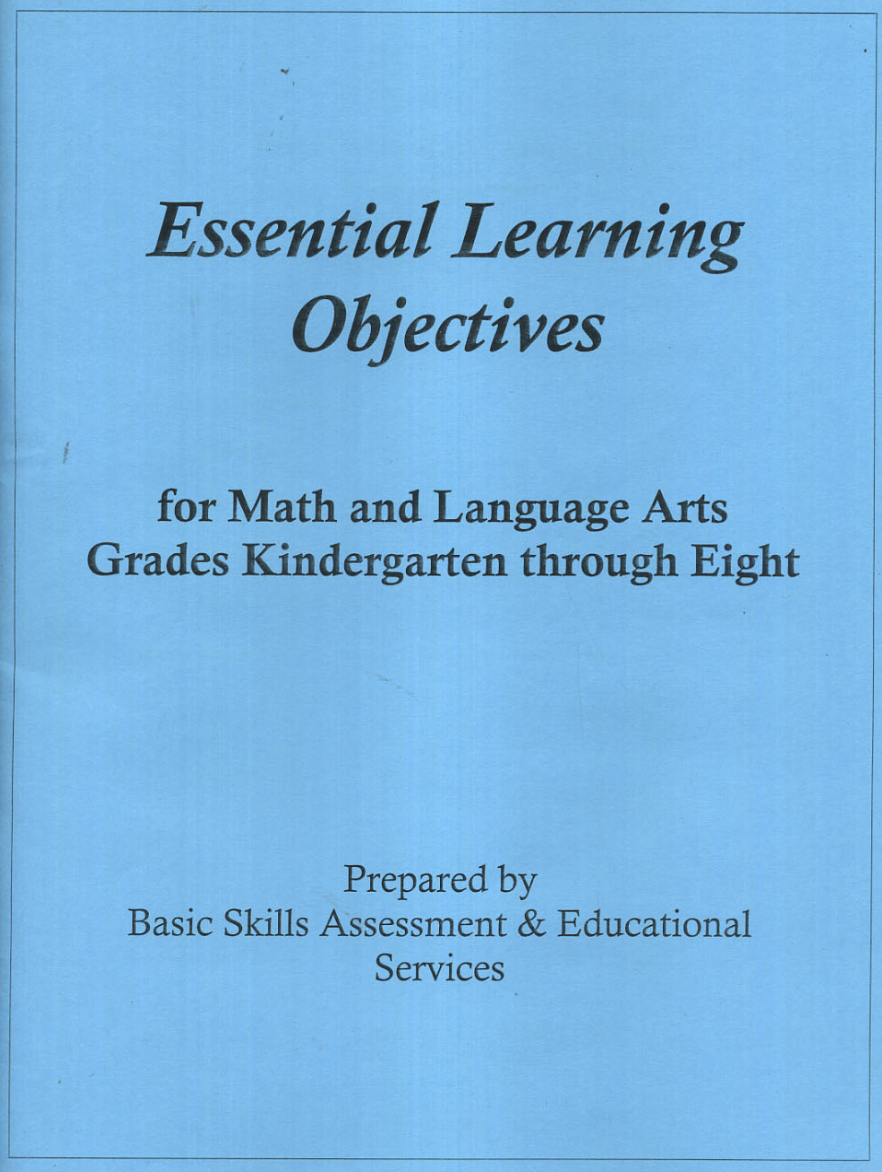Making Sense of the 15th Percentile

Years ago, after the administrative rules regulating home schooling were passed, I had a conversation with a senior leader at the Oregon Department of Education. He was tasked with over-seeing and communicating with home schoolers in our state. He was very approachable, so I asked him, “How did the rule committee arrive at the 15th percentile as the passing standard required by the Department? Where did it come from?”
He responded by telling me that students in public school achieving at this level would be qualified and directed to receive services that would address a learning disability. These weren’t the words spoken by a detached, educational bureaucrat. They reflected the thoughts of an educator who genuinely cared for the well being of students.
A test in which a student scores below the 15th percentile should not be ignored or minimized. It should not be seen as conclusive evidence that a child has a learning disability. The student may simply be a “late bloomer.” This is not a sentimental viewpoint, a “Don’t worry, everything will turn out OK,” kind of thing. There is neurological research that supports the idea of holding off reading instruction for some students until they are older.
For students taking a third grade test who are beginning or non-readers, a low score is not surprising. All sections of the test, including math, are reading-based. The effort required to simply decode the words, chaining them together into sentences, makes the task of comprehension nearly impossible. Time limits on every test contribute to everybody’s frustration.
As you begin this school year, consider your child’s birth date as you map out what you want to accomplish. It’s possible an end of the year test will not be required since home schoolers are on a different age-grade schedule compared to public school students. I’ve written about this here.
In the event your younger student scores below the 15th percentile two years in a row, I do recommend getting an evaluation done by a specialist to determine if there is a disability, and to help you with a plan of action. Feel free to contact us (emailed preferred at ) if you’d like a referral based on where you live.
Thanks for reading!
Curt Bumcrot, MRE

Academic skills are learned sequentially. Many build upon previous ones taught and learned. Check out our Essential Learning Objectives book to learn what your student should know at each grade level.





